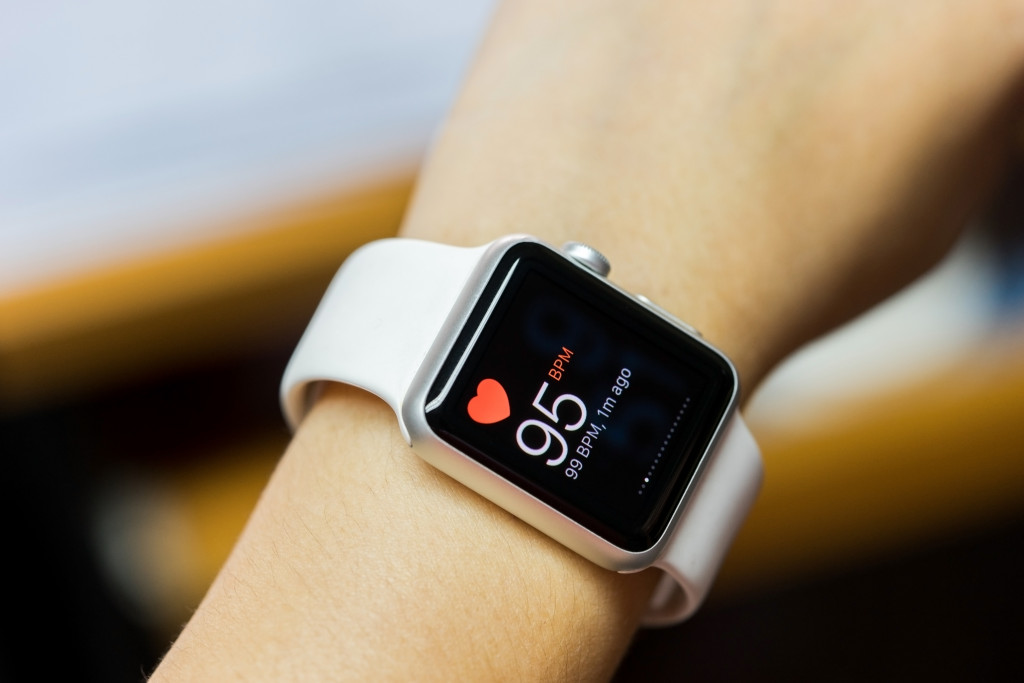People nowadays are surrounded by devices that are constantly recording where they are and what they are doing.
Take fitness trackers and smartwatches, for example. These devices are harvesting troves of data about users. They know when users are sedentary for too long and can identify whether users have started jogging or biking. Wearables can even tell when users had a good night’s sleep depending on their breathing and heart rate and how many times they moved throughout the night.
Whether these devices have become too intrusive is up to the public to decide. However, there have been instances when data collected by wearables have been used not to monitor health but to support claims made in court.
Wearables Data as Evidence
Years ago, a law firm representing a young woman from Calgary, Canada, submitted data from Fitbit as evidence that a prior injury negatively affected her lifestyle. She was a fitness instructor. She exercised and moved a lot. However, since the accident, her lifestyle dramatically changed.
The Fitbit showed that her activity levels went below the average for women of the same age and profession.
Back in the day, for personal injury claims, attorneys relied on medical professionals to observe a plaintiff’s movements and behaviors to determine the impact of an incident. However, sometimes, the clinical interpretations are biased or inaccurate. The process does not always inspire trust. It is also not conclusive.
Wearables can revolutionize the way personal injury and other cases will be discussed in court.
Going back to the injured fitness instructor, Fitbits were not yet in the market when the accident happened. The plaintiff’s attorneys asked her to wear the devices throughout an assessment period. Her data was shared with Vivametrica for an objective analysis of her activity level after the injury.
Nowadays, wearables are everywhere. As of 2020, the Pew Research Center reports that about one out of five Americans uses a fitness tracker or a smartwatch. The data is already widely available.
Technology as Witness

Technology is already being utilized in court as evidence. Most cars have dash cams that record their every journey. The video footage can be submitted to support a claim.
On the other hand, GPS systems track the user’s whereabouts, the speed of their movement, and time stamps. It can be used as an alibi. It is accepted readily in court.
Smartphones contain multitudes of data about the user, including their contacts and messages, activities, photos and videos, and even driving routes. Users submit only relevant data as evidence to help their case.
Data is admitted as evidence because it says something that can help a case take a step forward. Whether the information was written on a document or collected using sensors in a gadget, it can be used in court. The attorney, however, must prove that it is authentic, accurate, and has relevance to the issue at hand.
But, data from devices are not always conclusive. Elevated heart rate, for example, does not indicate that the person is terrified. It could also mean that they were working out at the time of the incident or having intercourse. For data to tell more about the incident, other devices may also be used as evidence in court. Footage from CCTV, the location from GPS, and text messages will have to be submitted.
Courts have lagged when it comes to adopting technology, but judges and the public at large have started to become more tech-savvy.
Privacy Concerns
Devices reveal so much about a person, and there have been debates about accessing its data in court against the user.
The woman from Calgary, Canada, volunteered her data for her attorneys to prove that the injuries she sustained from a previous accident harmed her health and profession. There have also been many people who have submitted data from their own devices to prove their claim.
However, accessing data from wearables and other devices against the user’s wishes is a complicated issue.
In 2016, the FBI wanted Apple to hack into the iPhone of a shooter involved in the terrorist attack in San Bernardino, California. Apple CEO Tim Cook was even invited to the hearing of the House Energy and Commerce Committee about the issue of privacy and national security. Before the hearing, Apple had already provided the FBI the data of the shooter that was backed on the iCloud. However, the FBI wanted more.
While people backed the FBI, others voiced their concerns about what it will mean for privacy. Opening iPhones to authorities could lead to spying.
Devices know so much information about the people who use them and are increasingly being used in court. Wearables, in particular, can providence to win personal injury claims and other cases.
